How to Avoid a Summer Tire Blowout
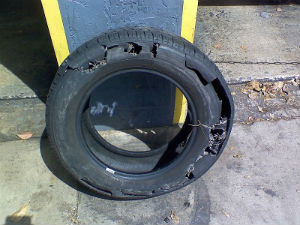
Why is my Car Shaking?
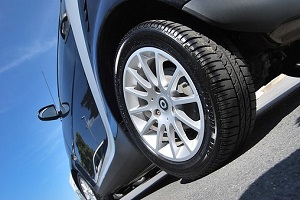
Basic Tire Maintenance
A blown tire can ruin more than just your day. Tire trouble can cost you money, time, or even damage your vehicle. Sometimes there is no warning your tire is about to blow. Road debris can cause a sudden puncture and there won’t be much you can do, but most tire issues can be prevented with simple monitoring and maintenance. Check out our list of basic tire maintenance below.
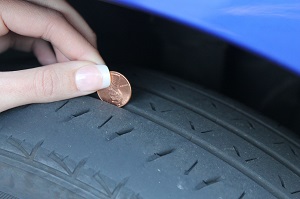 Check Your Tire Pressure
Check Your Tire Pressure
The PSI of your tires varies depending on the type of tire you have and the type of driving you do. Your owner’s manual should contain a recommended PSI for your stock tires or you can check with the manufacturer of your current tire. Normally, PSI should be around 30 to 35. This means there is 30 to 35 pounds of pressure per square inch. All you nee ...[more]
Tire Maintenance for Beginners
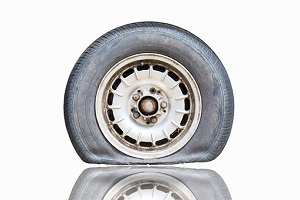
How to Find the Perfect Tire for Your Ride
Head into the showroom at any tire retailer and you will find a dizzying array of tire types, sizes, tread patterns and other variables that can have you turning right back around and heading the other way. The good news is a step-by-step approach to choosing the right tires for your car, truck or SUV with a little knowledge can make the process much simpler and give you great results.
The type of tire you need depends on what kind of vehicle you have, your driving style and the type of weather you must cope with in your area.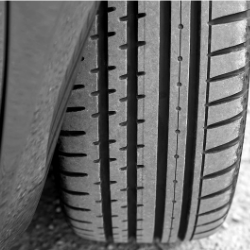
All Season Tires - Sometimes called Touring Tires, All Season Tires deliver good performance, handling and ride quality on dry, wet and moderately snowy roads. This is the most popular tire type and can be found on most four door sedans, ...[more]
Reasons Why Tire Inflation Is So Important
Even just a pound or two of underinflation in your tires can be a problem. Why, though? There are several reasons.
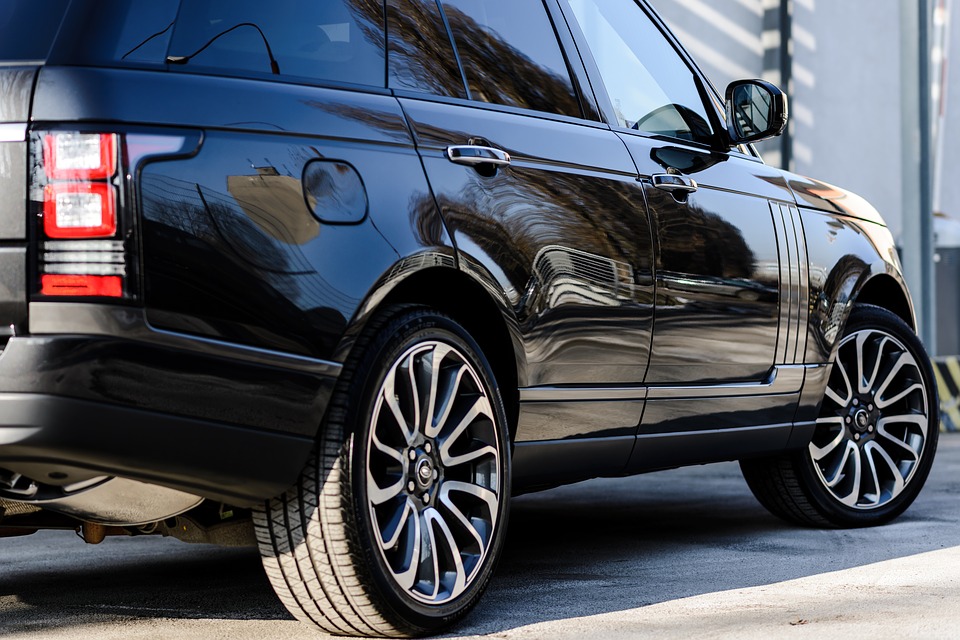
Fuel economy: If you ever rode a bicycle with a low tire, you know that it feels like you’re riding through wet cement due to the added rolling resistance. The same thing is happening with your car, and compromising your fuel economy. Over the course of 10,000 miles per year, that can add up to 150 gallons of gas or $500 out of your pocket!
Handling: Low tire pressure means poorer control and longer stopping distances. At high speeds, in particular, this can be downright hazardous.
Premature tire wear: Underinflated tires are under a lot of stress, especially their steel ...[more]
A Brief Explanation of Tire Information
Ever wonder what the designations stamped on your tire sidewall actually mean? We’d like to break it down for you.
Let’s take for instance, “P195/60R15 87S”. This is a full service description of a tire.
In this case, “87S” denotes a tire’s load capacity and speed rating. The higher the number, the greater the load capacity – an 87 load capacity means that tire can support 1,201 pounds. Speed ratings range from L (75 mph) through V (149 mph), and an S speed rating means the tire is good for 112 mph. W, Y, and Z-speed rated tires are available for extreme performance cars and are rated as high as 186 mph.
As for the rest of the information: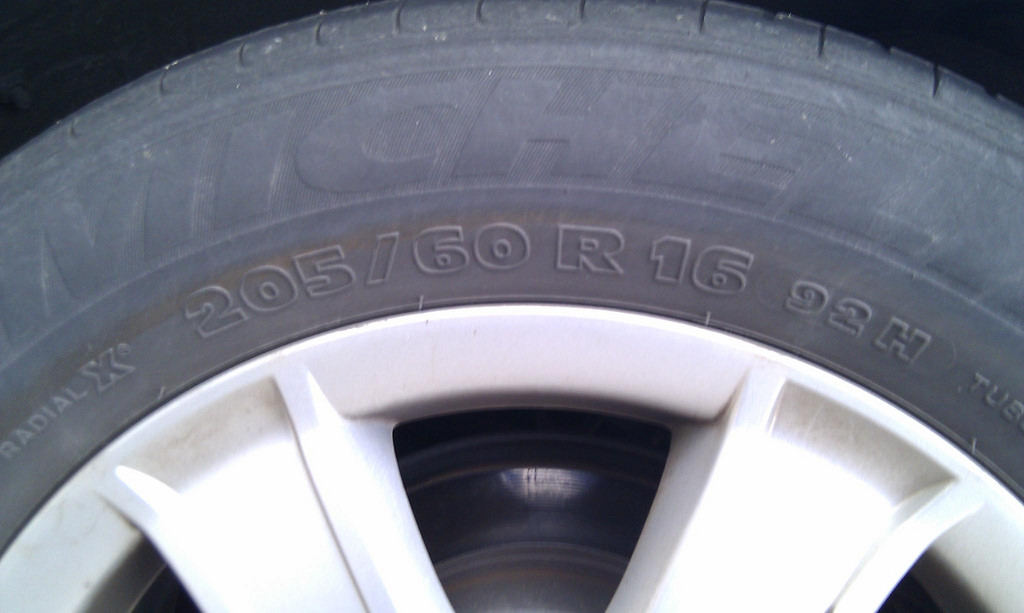
--“P” denotes Passenger Tire
--195 is the tire’s width from si ...[more]
Self-Inflating Tires…Soon To Be A Reality?
Driving around on underinflated tires is just a bad idea all the way around. Underinflated tires increase a car’s rolling resistance, meaning a drop in fuel efficiency since it takes more energy to move the vehicle down the road.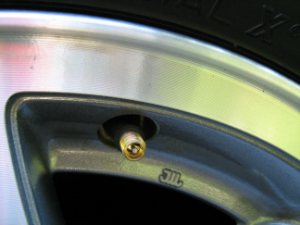
A single tire that’s down by ten pounds of air means a 3.3 percent drop in fuel economy…multiply that by all four tires, and you can figure on giving up ten percent of your gas mileage. The added friction and rolling resistance also means more heat is generated, and heat is the enemy of the internal structure of a tire. That heat will damage a tire to the point of failure. Studies show that underinflated tires are a full 25 percent more likely to fail, and at least half of one-car accidents involve a tire problem as a factor. And still, it’s estimated ...[more]
Get The Most Out Of That Set Of Tires

Squeeze a Few More Miles Out of That Gallon of Gas
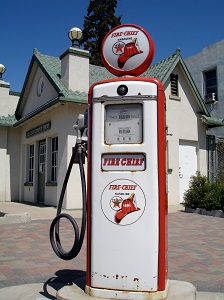
| 123 | Next >> |



